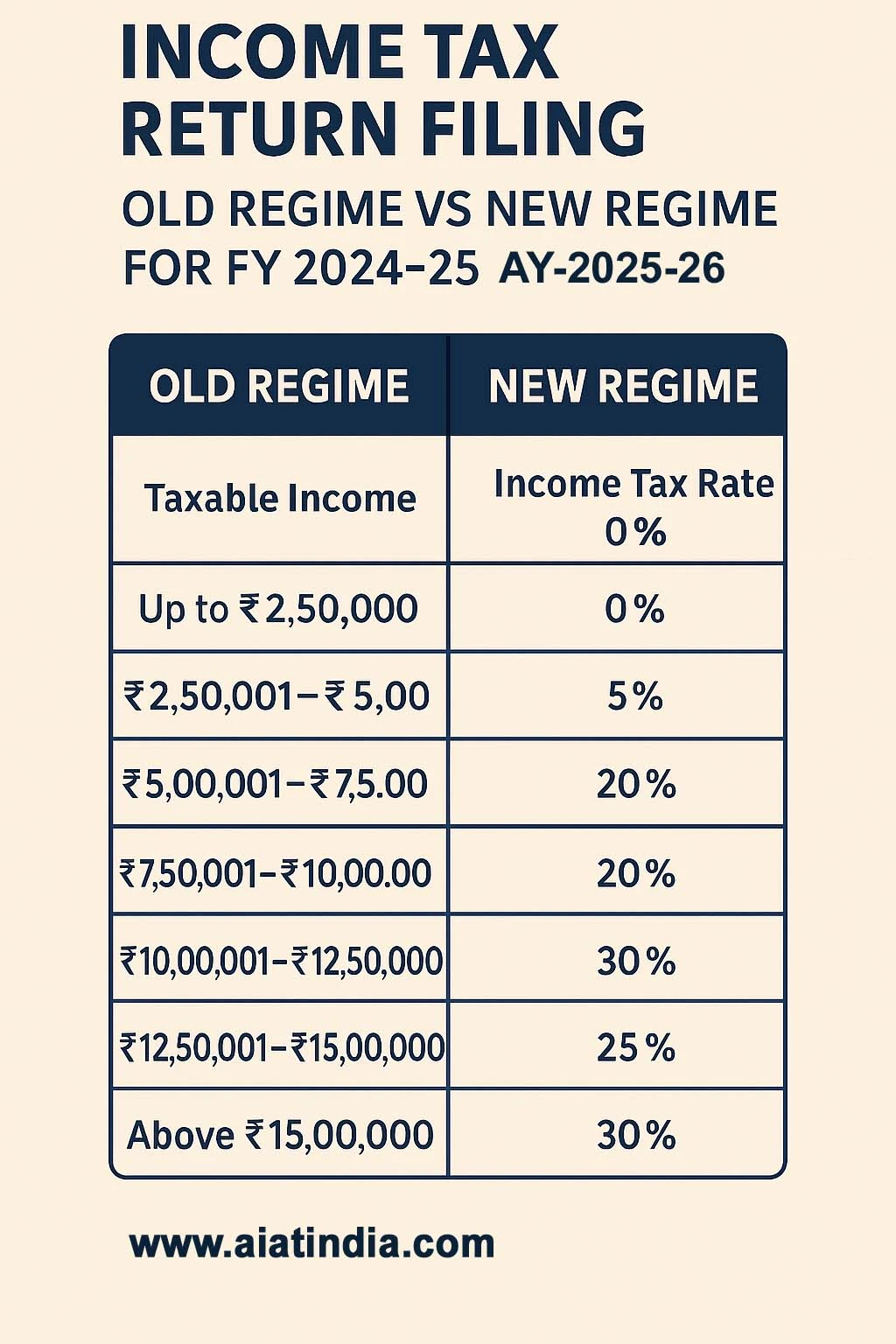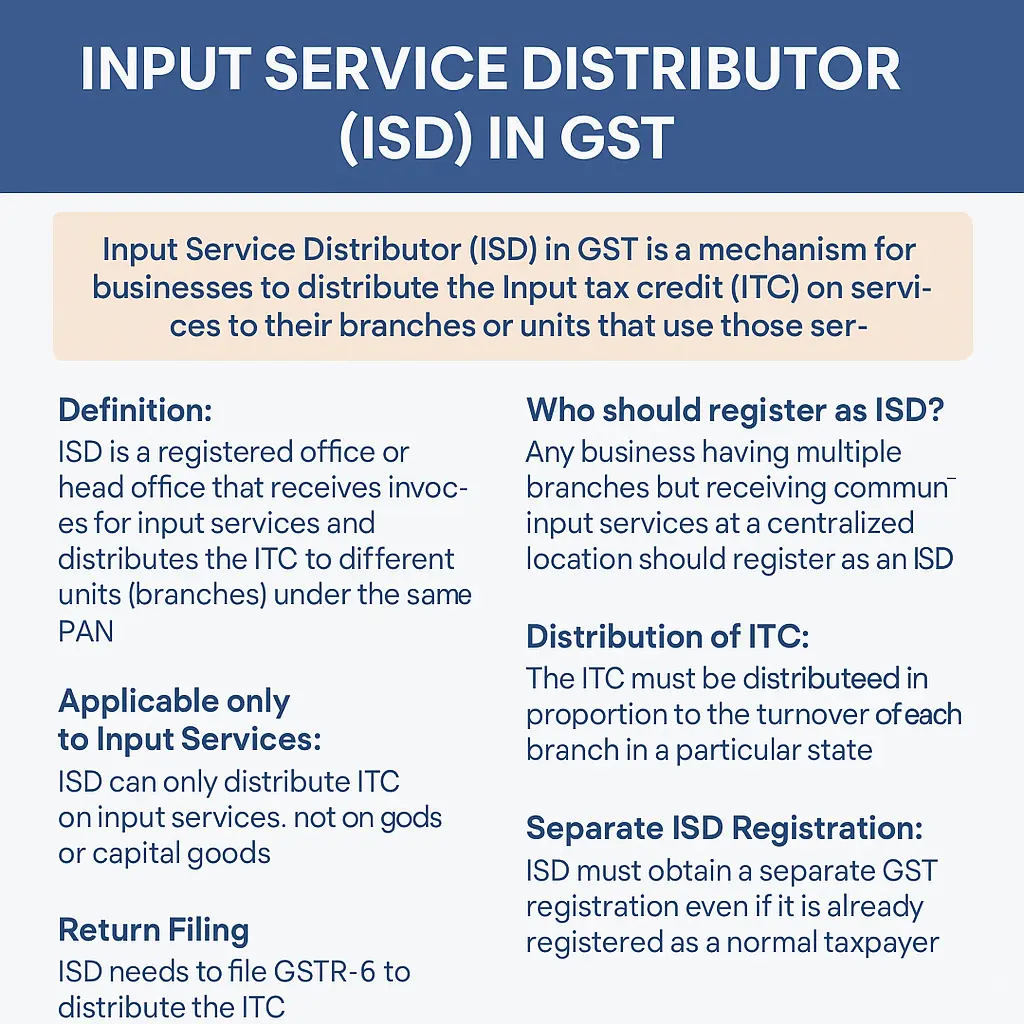
- 16-Apr-2025
GST Related Interview Questions & Answers
1. What is GST? Explain its types. Answer: GST (Goods and Services Tax) is an indirect tax levied on the supply of goods and services in India. It replaced multiple indirect taxes like VAT, excise, and service tax. Types of GST: CGST (Central GST): Collected by the Central Government ...
read more



